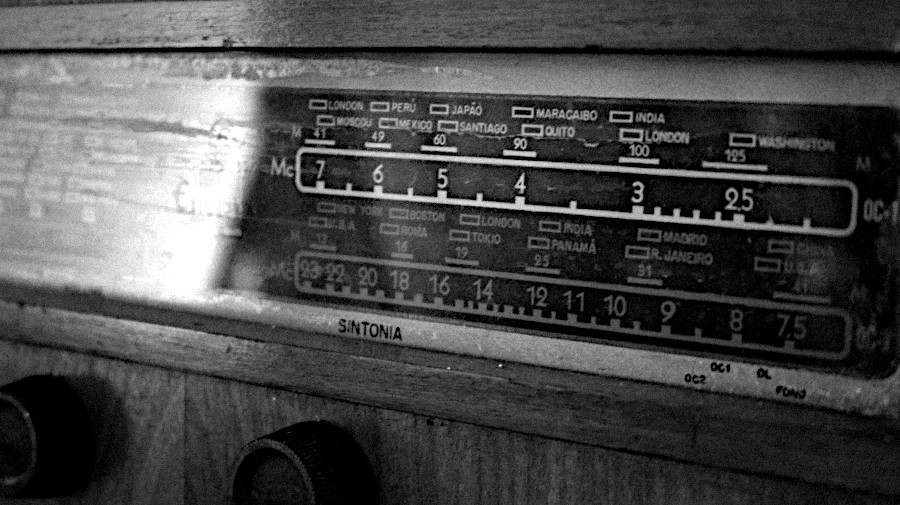I documented the destruction of Gaza for 52 weeks – an entire year – in my Gaza Journal. I began the journal on 29 October 2023 after an erstwhile friend took exception to my social media post, “I am diminished by the death of every noncombatant, whether they are Israeli or Palestinian. It happens that, at this point, Palestinian deaths have diminished me five times more. “
I posted that just before Shabbes that week, feeling horror over what the State of Israel was doing. By the time that my friend blocked me, the Palestinian death toll had climbed to more than 8,000. That horror remained with me, as it has remained with all of us, and I thought of my journal, which began as a compendium of my extensive social media posting on Gaza, as an act of witness, way to fulfil the commandment “justice, justice, you will pursue.” (Deuteronomy 16:20)
Then, on 20 October 2024, I posted my last entry on the Gaza Journal. It was about an old friend from grad school, an Israeli whom I know opposes the Netanyahu regime and longs for peace, but who has gone silent in social media since October 2023. Over the run of the Gaza Journal, I amassed a large number of social media followers, and the journal itself attracted hundreds, and on a few occasions thousands of readers per day. Some of those readers have asked me why I stopped.
The truth is that I didn’t really stop, exactly, so much as I paused. Since last October, I have told myself that I am on a break, a hiatus, and that I fully intend to return to the journal, though maybe with less frequency. Intelligent weekly updates are both a heavy responsibility, and something of a burden, especially with heavy teaching load. I needed a break but I fully intended to come back… And I still do.
Besides, I found that I had run out of things to say about the State of Israel’s wanton spree of murder and destruction in Gaza. This was for a number of reasons, and not only for the “obvious ones.”
The obvious reasons start with the fact that I literally ran out of words to use and things to say. There really are only so many ways to say “Palestinians are as entitled as anyone to live in peace, with full respect for their rights and humanity” and “war and killing are bad” before you start repeating yourself. I had felt that I reached that point six months in.
It is not that these truths do not bear repeating – and ad nauseum – but the nature of publishing on the Internet is such that when the words are out there, they are out there, and repetition becomes somewhat unnecessary. If you want to know what I (and anyone else) thinks, that information is only a mouse click away. To be honest, I am relieved that anyone can see what I have written. I stand by my words.
I do teach about Gaza and Palestine in the classroom, especially in my 20th Century World History class, where Israel-Palestine, Zionism, and the post-1945 world order form a central part of the course material. Some of my students have never before encountered some of these ideas, or have had the opportunity to talk about them openly. The phenomenon of students thinking (and sometimes saying aloud), “wow! The Jewish professor supports Palestine!” does make me a little uncomfortable – I don’t want to be an ethnic stereotype or, indeed, a counter stereotype, but I can live with it.
Repetition is also an aesthetic problem, even an anesthetic problem. Writing is, after all an aesthetic endeavor, in fact it is very hard work, whose goal is “jouissance.” Whether that comes from a clever or pleasing arrangement of words, “speaking truth to power,” sparking thought in the reader, or even something as narcissistic as creating a literary persona or alter-ego, writers write to be read and to thus have an effect on the cosmos. Repetition, however, becomes rote, and that turns writing into nothing more than work.
Moreover, any words repeated often enough lose their truth, as the fairy tale of “the Boy Who Cried Wolf” reminds us. Repetition becomes an anesthetic, and the words cease to have impact; they silence themselves through contemptuous familiarity. I have seen, or rather heard this before at political demonstrations and rallies. There is a limit to how much marchers’ enthusiasm can be kept up before you have to switch out “this is what democracy looks like” to “whose streets? Our streets! Political protest is also jouissance, and it too can be dulled by repetition.
I found, after all those months, that I had to switch up in order to have anything of value to say. Yet, I could not imagine – and still cannot imagine – just what that would be. Perhaps it would be just another numbing restatement of what I have come to think of as obvious: that killing and brutality are fundamentally wrong and that war – all war – is an atrocity.
To be sure, Benjamin Netanyahu and his gang have not gotten that memo, but neither are they hanging on my every word. And I am fairly certain that anyone who could be convinced that destruction is bad has already made up their minds.


Your reports are an important record of objection in a sea of complicity.
You bear witness in an eloquent and factual manner. I sympathise with your emotional conflict, but rejoice that you are back.
Your overview gives me a glimpse of reality that is too often altered and perverted by standard media commentary.
Thank you, good sir.